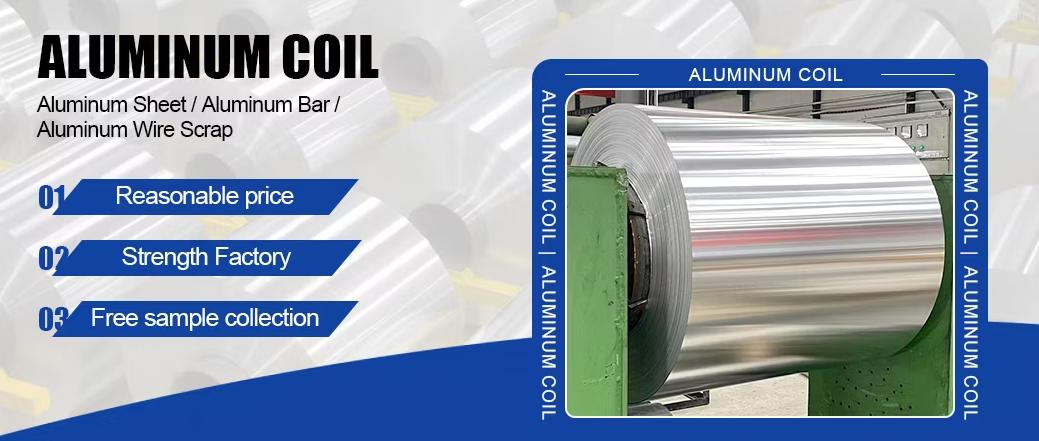
As we all know, companies can obtain part of their tax refunds through export tax rebates, thereby reducing export costs and enhancing their competitiveness in the international market. It also helps stabilize the company's foreign exchange income and reduce the risk of export collection. By encouraging exports, we can drive the development of related domestic industries and promote employment and economic growth as well. So what is the logic behind such measures amid this massive global recession? What implications will such measures lead to for parties at stake? We will discuss it thoroughly with you today.
Domestic Industrial Structure Optimization
This policy adjustment clearly reflects the country’s profound consideration of the optimization of industrial structure. In recent years, China’s raw material exports have continued to rise. However, this trade model is neither environmentally friendly nor economical, and it often leads to frequent anti-dumping measures by relevant countries. Exporting raw materials means high energy consumption and pollution emissions, but the added value of products is relatively low. By adjusting the export tax rebate policy, enterprises can be guided to develop towards the high end of the industrial chain. As demand from the new energy industry continues to increase, China’s aluminum and copper consumption gap will continue to expand. Canceling export tax rebates for aluminum and copper materials can prioritize meeting domestic needs while encouraging the export of high value-added aluminum and copper materials.
Impacts on Related Export Companies
The cancellation of export tax rebates for companies exporting aluminum and copper materials means that the cost pressure on enterprises will increase significantly. Take an aluminum or copper company with an annual export volume of 100 million yuan as an example. The company can get a tax rebate of about 13 million yuan every year according to the original tax rebate policy. But that money will no longer exist under the new policy. Enterprises with lower technical levels, low production efficiency, and weak cost control capabilities will face greater pressure to survive. These companies may need to readjust their production and sales arrangements in the future, since it is becoming more difficult to achieve profitability with the existing model. As competition intensifies, some lagging companies will be eliminated, and the entire industry will enter a stage of accelerated reshuffle. Therefore, this policy change will help guide the such industries to develop in the direction of deep processing and high added value, thus promoting the industrial upgrading of the entire industry. Reducing the export of low value-added products will also help optimize the foreign trade structure.
Impacts on The Global Market
China exported 5.29 million tons of aluminum in 2023 and 4.66 million tons from January to September 2024, accounting for 12% and 14% of domestic electrolytic aluminum consumption respectively. The country exported 680,000 tons of copper materials in 2023 and 610,000 tons from January to September 2024, accounting for just 4.3% and 5.2% of domestic copper metal consumption respectively. Judging from the data, copper exports account for a small proportion, and China is a net importer of copper ore and electrolytic copper, so it is expected to have a relatively small impact on copper prices. However, because China's aluminum exports account for a large proportion, overseas countries are highly dependent on Chinese aluminum. So there will be a greater impact on aluminum prices. After the tax rebate is canceled, it is expected that the 13% tax will be largely borne by overseas buyers. Domestic companies may pass it on to overseas by raising processing fees or absolute prices. This move may inhibit the export of aluminum materials to a certain extent and boost the export of aluminum products. However, the cancellation of export tax rebates will not affect the overall global supply and demand, and there will be no fundamental impact on long-term prices. The absolute price of copper and aluminum is determined by global supply and demand, and the export tax rebate policy only affects the acquisition cost for overseas users. After an internal and external price balance on the market, the absolute price level is still determined by the global supply and demand pattern.
What Companies Should Do
With the adjustment of policies, the export cost of copper and aluminum materials and the price of export orders have increased, which will directly cut down on export profits and drive up the loss rate of foreign trade orders. Therefore, enterprises must proactively negotiate and communicate with overseas customers to discuss on how to bear the increased costs caused by the cancellation of tax refunds. Second, they must actively adjust their business strategies and proactively transform export methods. For instance, copper processing enterprises had better adjust product exports to processing with supplied materials or processing with imported materials, so as to stabilize the export market of copper products. Lastly, companies must speed up the cultivation of new productivity and strengthen price risk management of raw materials and products by preserving the value of products, improving operational efficiency, reducing raw material costs, and enhancing the core competitiveness of the market.
opper Export Tax Rebates
Please give us a message
